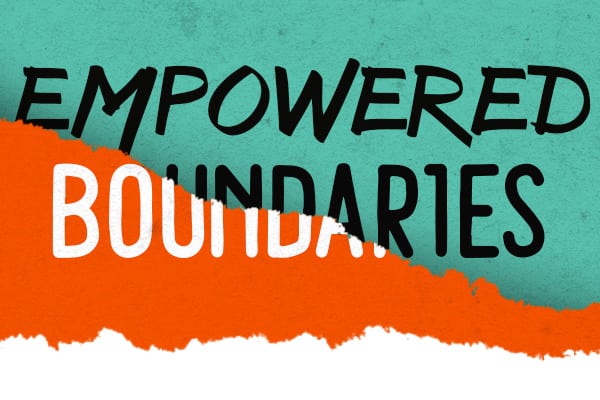By Cristien Storm and Kate Boyd
Cofounders of If You Don’t They Will
In our workshops, we support participants in developing creative and fierce ways to identify, interrupt, and counter white nationalism in their particular contexts. Different groups develop different strategies to say NO. This includes: refusing to provide a platform for a white nationalist speaker at a conference; ending a conversation; refraining from debate with someone espousing white nationalist rhetoric; asking someone who is attempting to recruit or disrupt a meeting to leave; covering white nationalist graffiti with anti-fascist street art; documenting and tearing down racist posters and then sharing that information to support grassroots organizing; boycotting clubs that book nazi bands or galleries that host white nationalists artists; holding counter events; and/or fundraising for radical projects.
Often, despite being fundamentally against white supremacy and white nationalism, some participants struggle with how, when, and if to say NO. Their discomfort is palpable and sometimes contagious.
We’ve seen this discomfort manifest in many ways, depending on the context: Isn’t saying NO censorship? How can we change people’s minds if we don’t allow them in our space? Isn’t saying NO acting like them? Isn’t saying NO another form of intolerance that divides us? Can’t we say YES without saying NO? I want to be positive and saying NO feels negative. Isn’t saying NO dehumanizing and invalidates their humanity? If they believe in white nationalism they must be damaged and need healing support, so isn’t saying NO abandoning them? Saying NO seems escalating—shouldn’t we just ignore them?
The logic of these concerns underscores both a discomfort with drawing certain kinds of (very necessary) boundaries and also signals a general failure to understand white nationalism. We counter by offering a framework that recognizes white nationalism as a social movement that is intentional, strategic, well-funded, and organized. The responses above indicate, to varying degrees, a dangerous and false assumption that white nationalists are naive, innocent, uneducated, aberrant individuals, rather than activists who are organizing in a variety of ways to further a larger goal. When we understand white nationalism and white nationalist attacks, recruiting, and mainstreaming strategies as part of a larger social movement, we argue that it is impossible to do anti-racist and anti-fascist organizing when we are unable to clearly draw boundaries (NO’s) against white nationalism.
These kinds of boundaries can be challenging, but they are imperative and they make spaces more accessible and liberatory. In other words, saying NO makes the YES more possible, and isn’t the YES what we are fighting for? YESes are our radical collective hopes, dreams, and visions of the kinds of relationships, communities, and worlds we actually want to build. YESes are our imaginations of how to thrive while we work to make the world a better place. The YESes are the ways we create the spaces we need to do this vital work together, and our NO’s makes that realizable. And yet, we see organizations and groups become unable to function or fulfill their missions because they cannot say NO (and set clear boundaries) when white nationalists deliberately agitate and occupy space (resources, time, money) to the exclusion of other organizing efforts and the safety of their community members. The presence and impact of white nationalist attacks makes the space inhospitable to anyone who doesn’t support or collude with white nationalism. Drawing these kinds of boundaries is not about purifying our political spaces or only organizing with groups who walk, talk, act, and think exactly like us. In fact, the ability to establish these kinds of NO’s makes our work more accessible and supports our ability to build vibrant and resilient coalitions across a wide variety of differences.
Saying NO is part of accountability and saying YES is part of working in solidarity. We need a multitude of creative strategies to be able to set both kinds of boundaries. These boundaries are imperative for countering the alarming rise of white nationalism. They are also fundamental to participating in any kind of anti-oppression work. We need to be able to resist as well as imagine, exclude as well as include, and fight as well as love.
If You Don’t They Will is a Seattle-based collaboration that provides concrete and creative strategies to counter white nationalism through a cultural lens. Be on the lookout for their Forthcoming exhibition at Pacific Northwest College of Art (PNCA).

